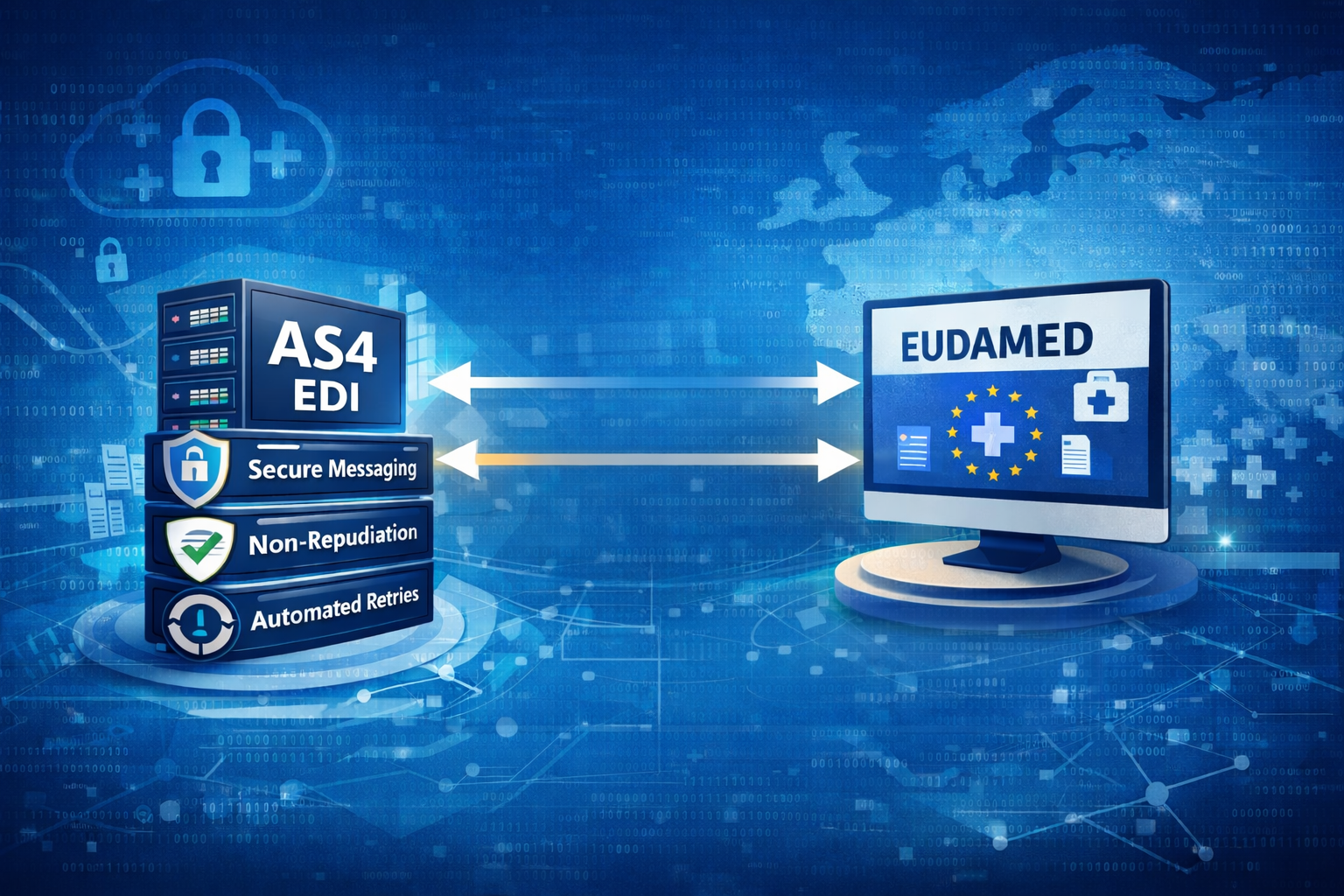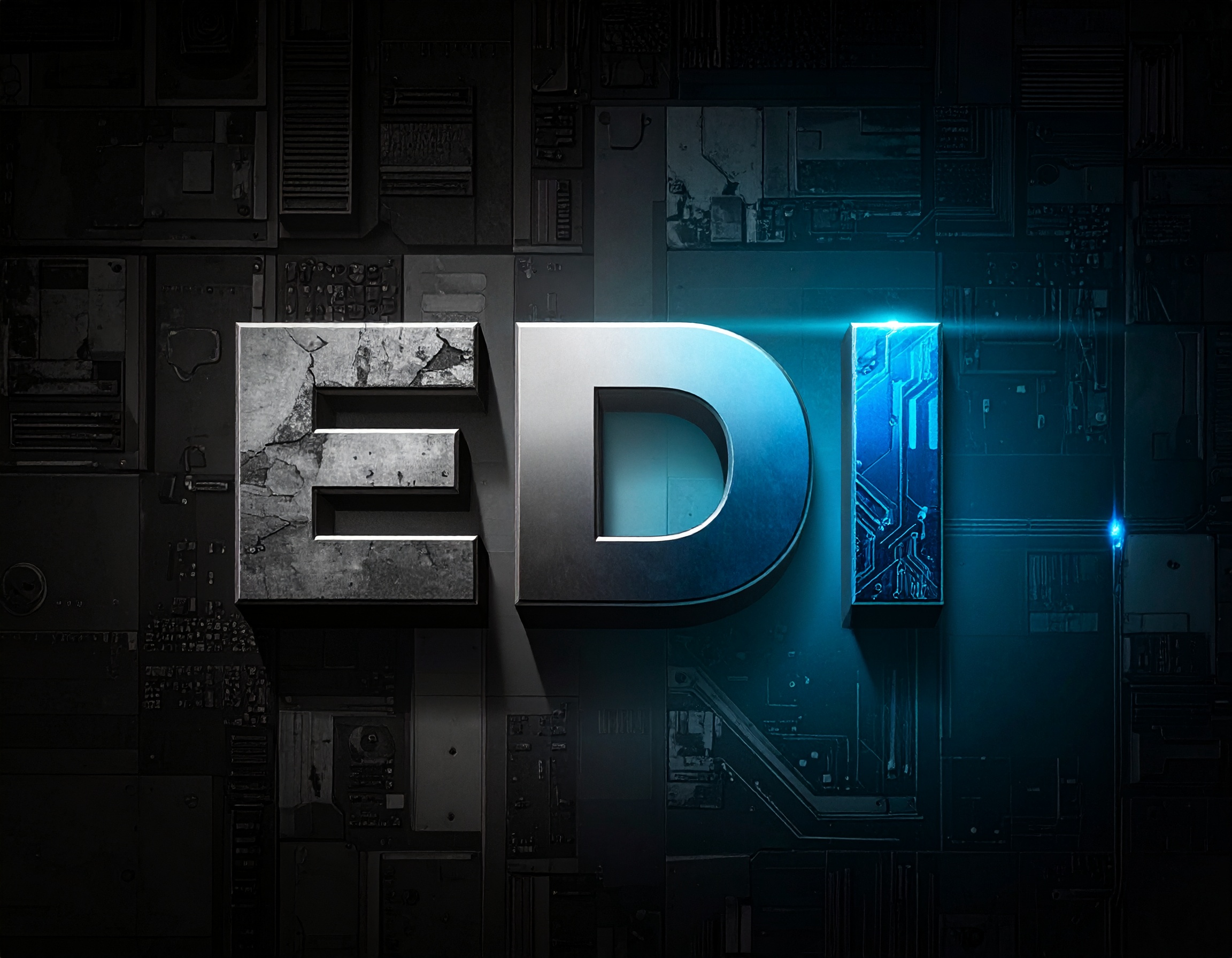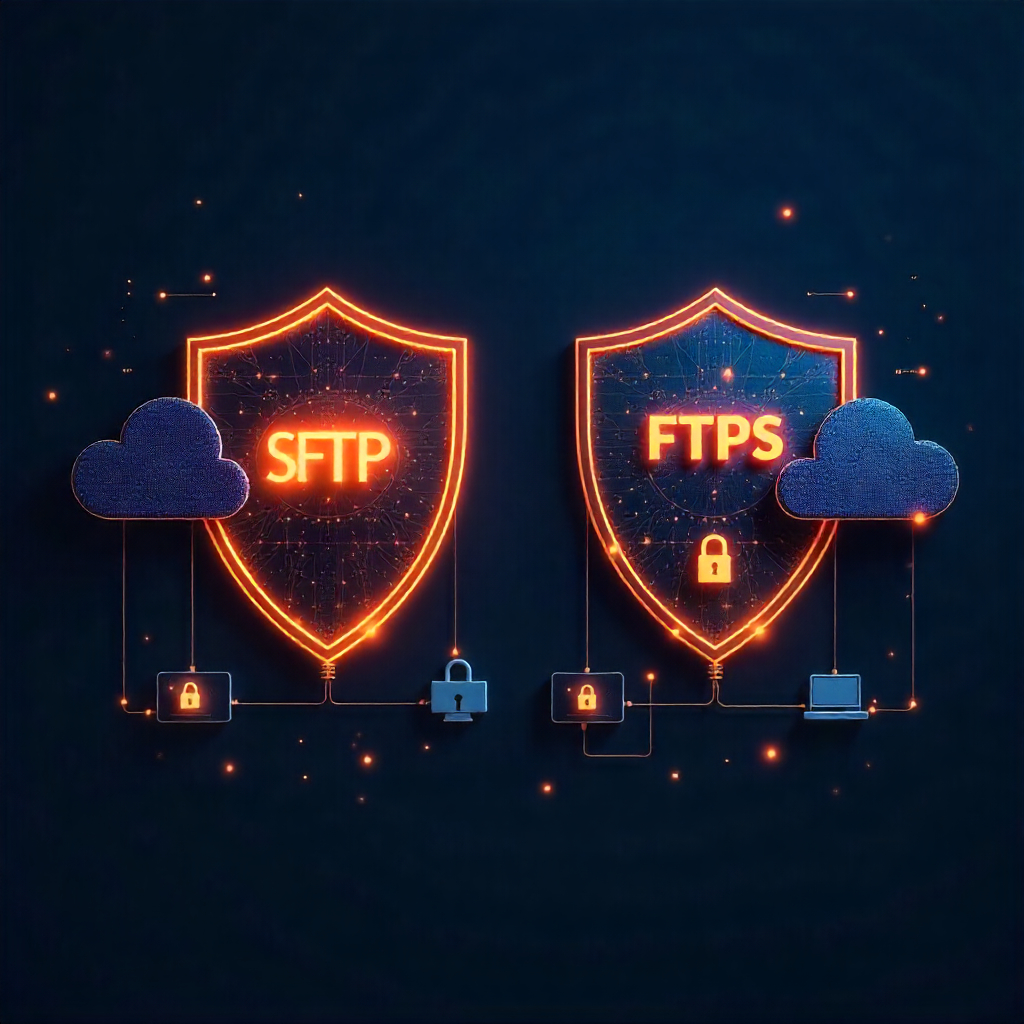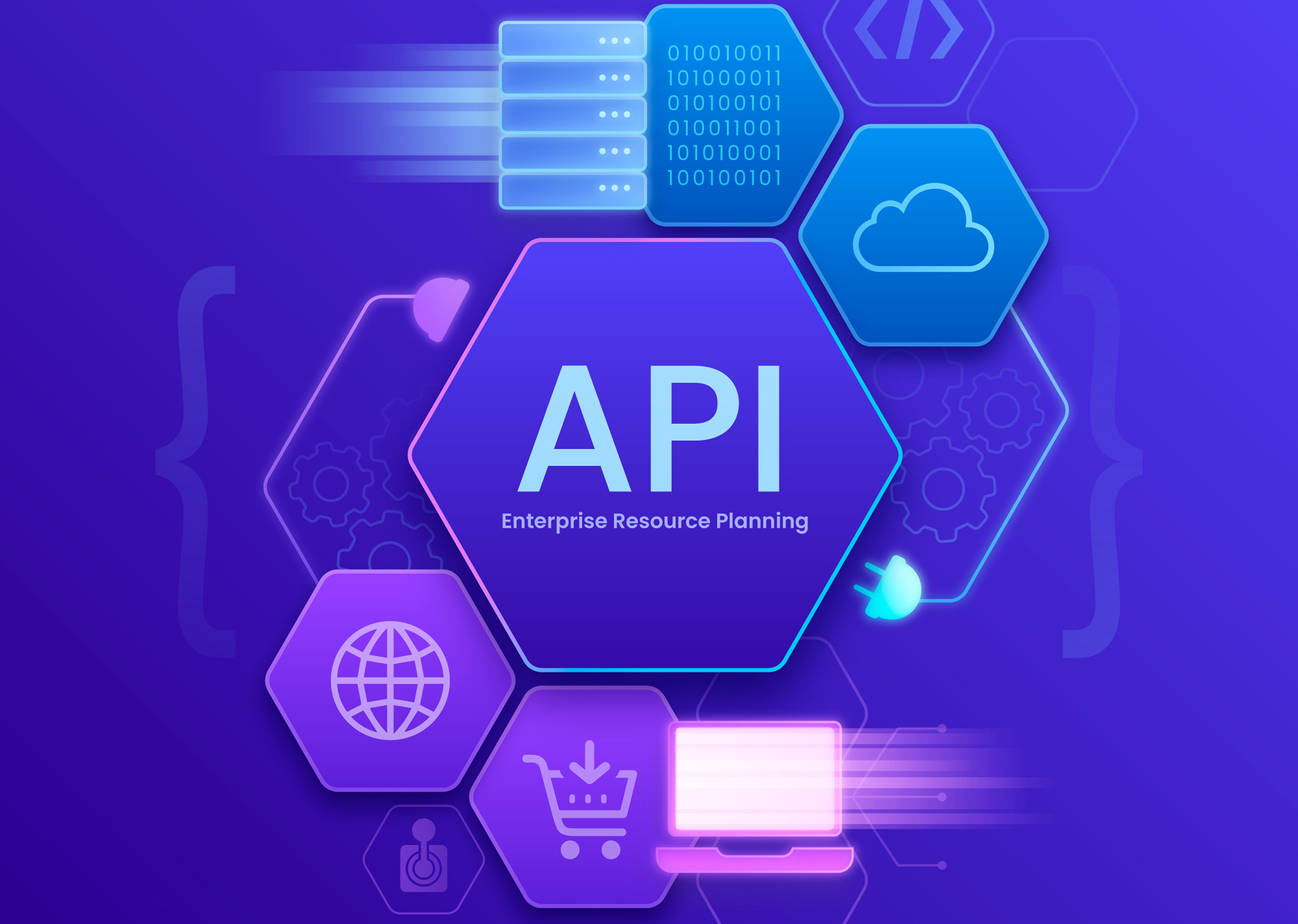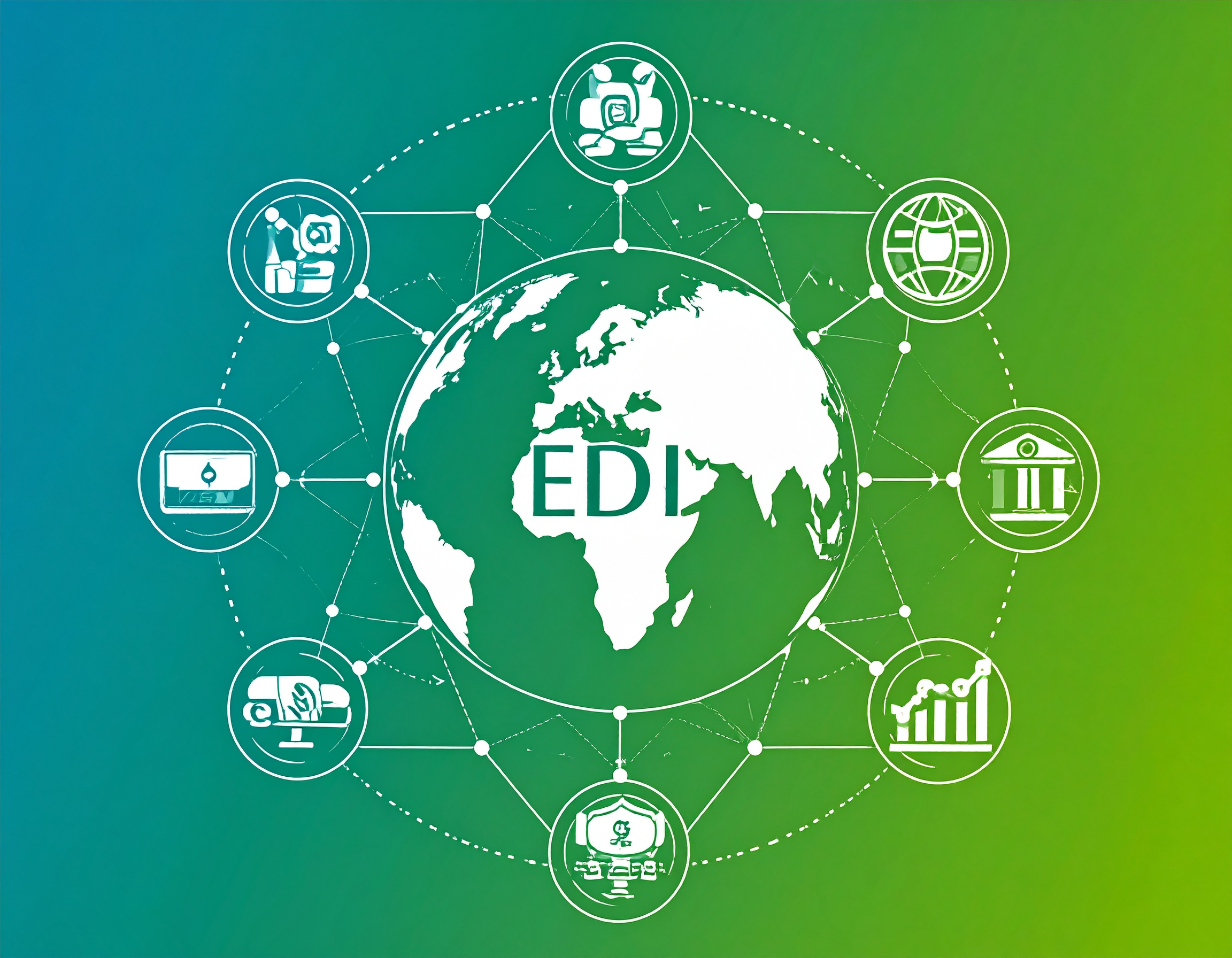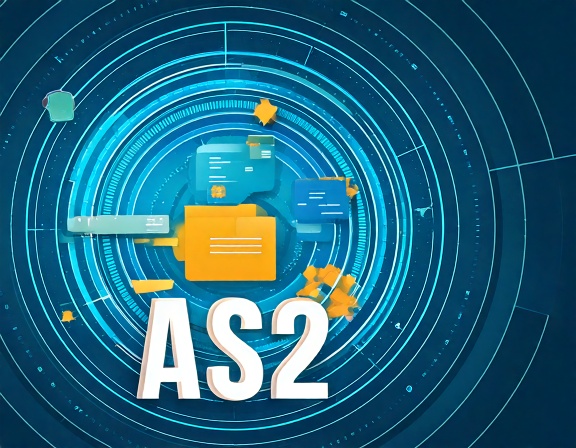MFT Gateway is a hosted Software as a Service (SaaS) solution that enables file exchange over the AS2 or SFTP protocol, without the need to install or maintain.
- Blog
- Benefits of a Cloud-based (SaaS) MFT
MFT
Benefits of a Cloud-based (SaaS) MFT
Explore the benefits of a cloud-based (Saas) MFT solution for your business. Checkout how MFT Gateway fits the best

Kumudika Rupasinghe
Published: 02 Feb 2021

If you are looking for an alternative to your ad-hoc file transfer solution like FTP, HTTP and SMTP, to improve the productivity and efficiency of your file transmissions and to ensure the security of the transmitted data, a Managed File Transfer(MFT) system, might be the best solution for your requirement. There are different varieties of MFT solutions in the market and from this article, let’s discuss what are the benefits you can have using a cloud-based(SaaS) MFT solution.
Load balancing, high scalability and flexibility
Scalability is one of the main advantages of all kinds of MFT solutions. Integration with the cloud makes it easier to scale for multiple resources across multiple services in seconds. Because of the scalable architecture of the cloud, MFT solution providers can quickly increase and decrease server space and allocate resources according to growing or diminishing business demand in a monitored environment. Therefore, they can easily handle overloading and add additional capacity for the increasing volume. So, there’s nothing to worry if you have encountered an unexpected growth in your file transactions. You just have to pay extra charges for the additional provisioning and once you get back to the normal state, you will continue to enjoy your regular billing.
Low cost
Normally an MFT solution is quite expensive compared to FTP and SFTP. Hosting an on-premise MFT system may involve high development and maintenance costs. Users have to buy their own IT infrastructure and have to maintain their own IT department to host a fully functioning MFT system. Therefore, when going for an on-premise system, capital expenditure and operational cost would be high.
If the MFT system is hosted in a cloud environment, the cost of infrastructure will be very low. MFT solution providers only have to pay for what they actually provisioned because of the pay-as-you-go pricing concept of cloud vendors. Due to the low development cost, cloud-based MFT solution providers have been able to provide their services to a lower price and users have the opportunity to select a suitable package based on their actual consumption.
High storage reliability
In a cloud-based MFT system, the cloud service provider is responsible for most of the computational infrastructure like servers, storage, databases, etc. The resources are 24×7 available in the cloud with potentially unlimited capacity. Most of the cloud service providers follow design principles and best practices to minimize failures and service outages and some providers even follow cross-region disaster recovery mechanisms to provide resilience to regional disasters and ensure fault tolerance. Hence, the risk of service outage and resource unavailability of a cloud-based MFT system is lower compared to hosting an on-premise system.
Secure storage
Data protection is one of the main concerns when going for any cloud-based solution. Security is a shared responsibility between the cloud provider and its users. Cloud vendors are responsible for protecting the infrastructure hosted in the cloud while users are responsible for the traditional application security concerns like authentication, access management.
To mitigate security risks, cloud vendors follow many data security measures such as continuous security administration on network infrastructure, investigation on potential security issues, identity and access management, regular updates on security policies and compliances, conducting regular tests on infrastructure for threat detection and continuous monitoring for security breaches, etc. So, the responsibility of data protection is almost covered already when going for a cloud-based MFT system.
Get started quickly
Unlike an on-premise MFT system, you don’t have to waste hours of deployment time installing software, configuring databases and servers etc., if you are using a cloud-based MFT system. The service will be available right after your purchase.
Easy maintenance
Managing and maintaining an MFT system on your premises will require lots of infrastructure like servers, network bandwidth, backups, etc. Therefore, the responsibility of managing and maintaining the hosted solution falls on the internal IT team. Consequently, you may need several system administrators and support staff for sheer maintenance. If you are going with a cloud-based solution, the cloud provider will take care of all the burden of maintaining traditional servers and software.
Conclusion
Cloud-based(SaaS) MFT solutions are now available in the market which can provide several benefits over an on-premise MFT solution. By choosing the best solution provider, you’ll be able to experience a fully-featured MFT solution without the burden of managing and maintaining it on your premise.

Talk to an EDI Expert
Join hundreds of organizations already taking full control of their B2B AS2 communications with our trusted solutions. Contact us today to tailor a solution that fits your specific AS2 EDI needs.
Related Articles
View All BlogsExplore our product stack
Try before you buy with a 30-day Free Trial
No commitment, all value. Try the AS2 Solution Risk-Free and discover how our solutions can transform your business workflows. No credit card required.
Explore Your Possibilities
Elevate AS2 Communications with our EDI and AS2 Solutions
See how our AS2 and EDI solutions can simplify your integrations, boost efficiency, and keep you compliant—request a personalized demo today.













